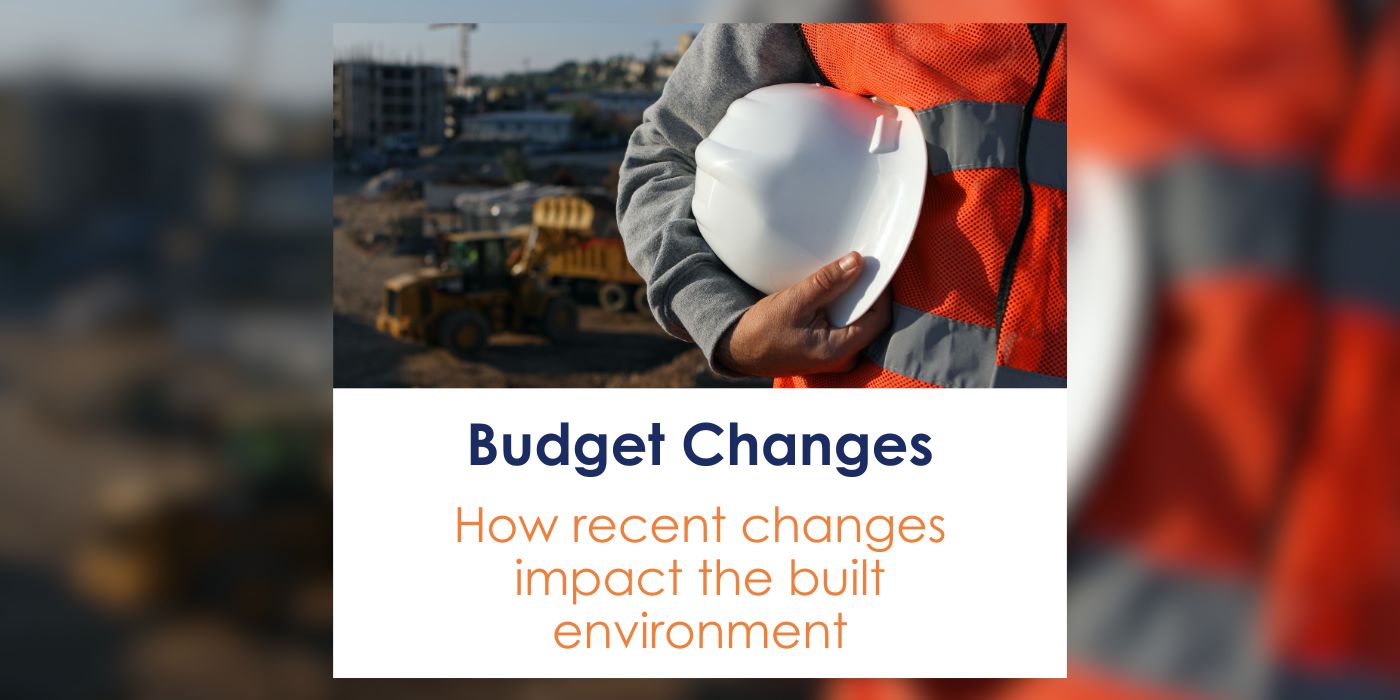
Skills to Succeed in Property Management
12 Aug, 202410 MinutesProperty managers play a crucial role in the property industry, managing the maintenance, te...

Property managers play a crucial role in the property industry, managing the maintenance, tenant relations, leasing and financial management. Whether overseeing a residential building, commercial complex, or social housing, having the right skills is critical to success in this role.
Essential Soft Skills
Customer Services:
One of the most important skills in property management is customer service. This is essential when communicating with tenants and clients. A property manager's ability to make people feel heard and respected makes them good at their roles.
Negotiation:
Negotiation is key regarding lease agreements, rental rates, and maintenance contracts. The ability to negotiate favourable terms is highly sought after. Saving your company and the client money and securing a better deal for a tenant ensures that all parties are satisfied with your work.
Problem-Solving:
In property management, things don’t always go as planned. From maintenance emergencies to tenant disputes, challenges will come your way. Being able to think on your feet, be proactive, and find solutions to problems is essential.
Essential Technical Skills
Soft skills are essential for property managers. However, technical expertise will help take your career to the next level.
Understanding Property Laws:
A solid grasp of property laws, such as tenant rights and responsibilities, lease agreements, health & safety regulations, fair housing laws, and eviction procedures, is essential. This legal knowledge not only helps property managers stay compliant but also ensures they provide a fair and professional service to tenants and clients, keeping everything running smoothly and within the bounds of the law.
Proficiency in Property Management Software:
Property management software is a game changer. Tools like Buildium, AppFolio, and Rent Manager can make tasks like tenant screening, rent collection, and financial reporting much more manageable. Being comfortable with these tools streamlines your work and enhances your CV and service.
Understanding Maintenance and Facility Management:
Technical knowledge in maintenance and facility management is crucial for handling the day-to-day upkeep of the property. Understanding the basics of HVAC, plumbing, and electrical allows you to oversee the tasks effectively, coordinate repairs and ensure jobs are completed to a high standard.
Keeping up with the industry
Property management constantly evolves, and staying ahead requires continuous learning and growth. Whether attending industry conferences, joining professional development programs, or simply building your network, every learning opportunity should be taken.
Staying ahead also involves adapting to industry trends, such as sustainability, technological advances, and shifts in tenant preferences. Staying updated about changes and trends allows you to remain competitive and better serve your clients and tenants – adapting your services to meet needs.
A successful career in property management is built on a foundation of soft and technical skills, keeping up with the industry and continuous learning. By mastering customer service, negotiation, and keeping up with trends, you can deliver excellent service to clients and tenants and drive the success of your career.



